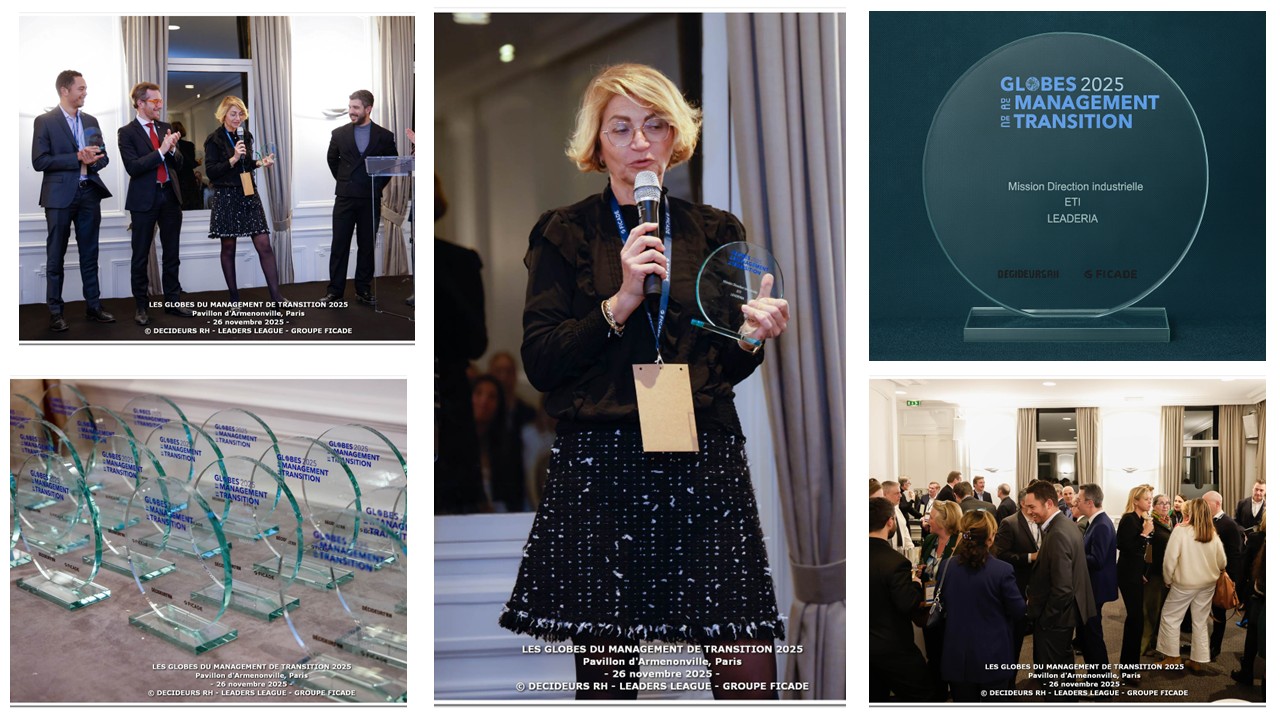
Some recent events have changed the way companies operate: health crisis, geopolitical crisis, social changes, etc.
However, not all organizations have a business continuity plan in place to ensure transition when navigating troubled waters. Change is not necessarily easy, and finding solutions requires specific skills, in particular experience and agility, especially for food companies:
- Agricultural
- Processing of raw materials
- Production and distribution of finished products
- Hotel and catering
When these skills are not available in times of crisis in the company, interim management can be a solution to address specific issues.
Due to his flexibility, his availability and his operational and managerial skills, the interim manager accompanies for the necessary duration – seven months on average – more and more companies in their needs to:
- Transformation
- Growth and internationalization
- Crisis management
- Officer Replacement
The economic situation that has affected the food sectors has developed an awareness of the needs of organizations in terms of agility and flexibility, as well as a desire for change in order to continue their activity in the best possible conditions.
From this observation, it follows that the interim manager is today more and more present within companies in the food and hotel and catering sectors because he meets these needs while ensuring operational efficiency and leadership. leadership assignments. Interim management provides a fast, effective and immediately operational solution, while guaranteeing flexible and essential change management, on various subjects:
- Changing supply chain processes
- Transforming Agricultural Machinery Production
- Go organic
- Or any other matter of managerial urgency
In this case, the difficulties of supply and the increase in the price of current raw materials lead organizations to review the production and distribution of their products. The transition manager is one of the keys to responding quickly and effectively to these change needs, while limiting costs, because he is neither an employee of the company, nor present beyond what is necessary: he leaves the organization as soon as the mission is over and the handover is done.
Ces articles pourraient vous intéresser

Leaderia une nouvelle fois distingué aux Globes du Management de Transition
Une nouvelle reconnaissance de l’expertise de Leaderia dans ses métiers du recrutement : le Globe du Management de Transition 2025 dans la catégorie « Mission Direction industrielle ». Ce trophée, remis à Laurence Frenkiel, directrice du pôle Management de transition, vient reconnaître une conviction que Leaderia porte depuis l’origine : dans l’industrie agroalimentaire, la réussite des transformations passe souvent par des dirigeants […]

Hospitality : un nouveau cycle à inventer
Les rendez-vous d’Hospitality On sont toujours un bon baromètre des transformations du tourisme. Le Hospitality Asset Forum a cette année mis en lumière un paradoxe marquant : le marché hôtelier attire le capital, mais peine à produire de nouveaux projets. Derrière cette apparente contradiction se dessine une nouvelle donne industrielle, où modèles économiques, attentes clients […]

La France, terre de spiritueux tournée vers le monde
La France, terre de spiritueux tournée vers le monde La France est célébrée mondialement pour ses vins, c’est vrai. Mais elle est aussi un géant incontesté des spiritueux. Du Cognac à l’Armagnac, en passant par le Rhum, le Whisky et le Gin français qui progressent, notre savoir-faire s’exporte massivement. Le Cognac seul ? Près de 98 % de la production part à l’international (source : Bureau National Interprofessionnel du Cognac). Cette hyper-exposition […]